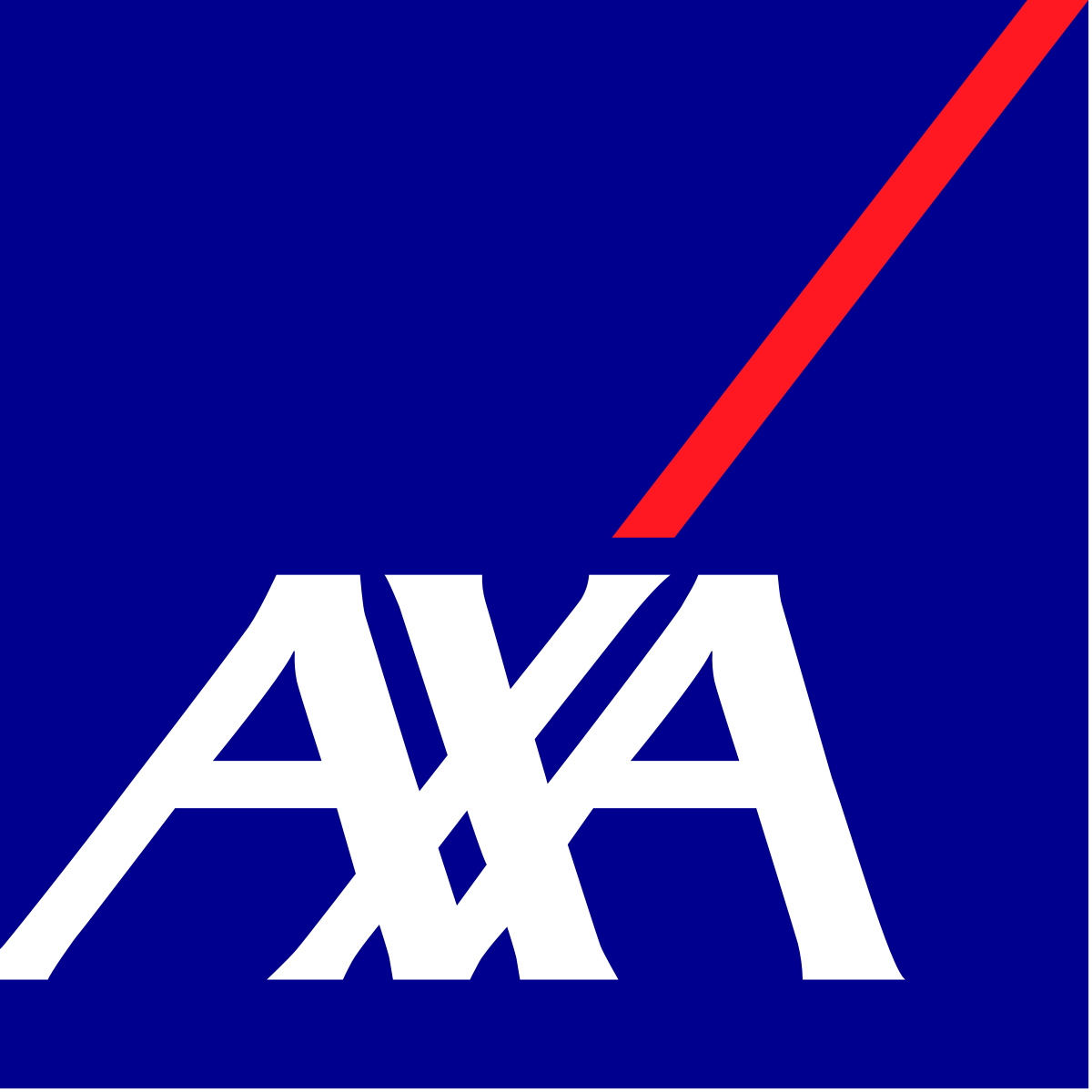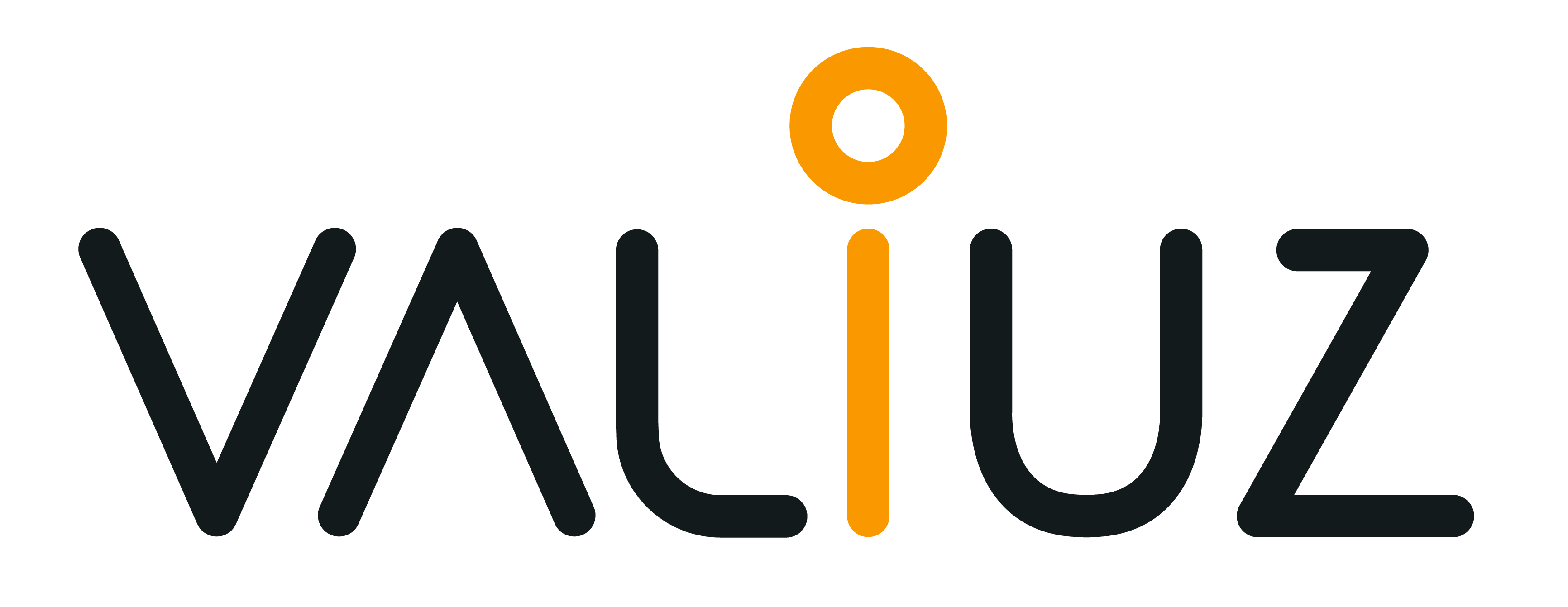Powered by ARTEFACT
Dataiku MLOps
Putting Dataiku into production
Put your projects into production with Dataiku. This course covers the fundamentals of project automation and deployment on Dataiku production environments.
Dataiku MLOps
On request
Choose your session
Course description
Learn from an Artefact expert how to deploy your Dataiku projects in production. Designed for advanced users of the solution, this course will enable you to automate a machine learning project, then deploy it in production on the automation and API nodes. At the end of the course, you will have acquired the skills needed to obtain Dataiku's official MLOps certification.Objectives
At the end of this course, which combines theory, interactive exercises with Dataiku, and guided case studies, you will be able to :
Public
Data scientists and data analysts who have to put projects into production, data engineers, IT specialists.Prerequisites
To have obtained the official Core Designer, ML Practitioner and Advanced Designer certifications, or an equivalent level.Evaluation
Passing the official MLOps Practitioner certification.Program
Dataiku MLOps
1. PREPARING FOR PRODUCTION LAUNCH
4 hours
Measuring data quality with metrics
Check the quality of the data with the checks
Automating a project with scenarios
Scenario triggers
2. PRODUCTION START-UP ON THE AUTOMATION NODE
2 hours
What is the automation node?
Why deploy a project on the automation node?
Creating a project bundle
Publish a bundle on the Deployer node
Pushing a bundle into production on the automation node
Monitoring a project in production
3. DEPLOYING A MODEL ON THE API NODE
2 hours
What is the API node?
Why deploy an API node model?
Creating an endpoint from a machine learning model
Other types of endpoint
Testing your endpoints
Creating an API package
Deploying an API service on the API node
Monitor an API service

Like them, train your teams in data
Choose Artefact School of Data
to train your teams
Receive all the latest news from the School of Data.
Other training courses on the same theme
Up-skill your teams
FAQ
Do you have any other questions about Artefact School of Data? We'd love to hear from you.
Are our courses face-to-face and/or distance learning?
We recommend that you come to one of our face-to-face courses to be at the heart of the leader in Data and Artificial Intelligence. However, if you prefer or if you can't do otherwise, our courses can also be taken at a distance or as a hybrid! Everything is designed so that you can follow our courses from our classroom or from home, as you wish. We have made this choice to optimise your learning during the course.
What support is there to help you find a job?
Every day, our students have the opportunity to work alongside Artefact employeesone of the leaders in Data. This means that every day, they meet Data Scientists, Analysts, Engineers, Data Consultants and Data Marketing experts who make up their team. professional network and increase their chances of securing a future position with Artefact or with a partner.
In addition, we offer a Career Day to help you find a job. This includes workshops on job hunting, preparing CVs and LinkedIn profiles, as well as advice on technical interviews.
Who are the teachers?
Your tutors are Data Scientists, Analysts or Senior Engineers by trade. This is very important to us because they work at the very heart of one of the leaders specialising in Data and AI: Artefact. This means that the teachers are in daily contact with Artefact customers and are responding to real, current issues in the field. Our training courses are therefore designed around what they experience on a daily basis.
How do I apply for one of our courses?
The registration process is very simple: you apply directly for the course of your choice, explaining your motivations and describing your career path. You can also download the full programme and then make an appointment with us.
Are our training courses Qualiopi certified?
Our training courses are certified "Qualiopi pour l'action de formation".
















